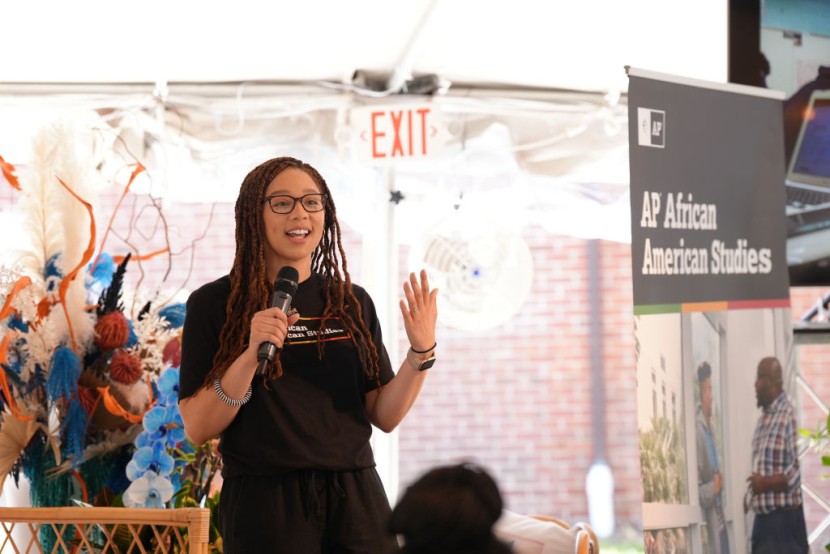
The history of the Black experience, from the earliest African kingdoms to slavery and the civil rights movement, is the main focus of Advanced Placement African American Studies. Students in the course claim that despite criticism from certain Republicans who see it as an example of "woke-ism" contaminating education, it shouldn't be viewed as contentious.
African American Studies, like all other AP classes, is created by the nonprofit College Board with assistance from university experts and gives students the chance to receive college credit.
After widespread demonstrations were prompted by the killing of George Floyd by Minneapolis police in 2020, the class started to take shape, according to CBS News.
Next year, the College Board intends to make it accessible to every U.S. high school that requests it. More than 700 American high schools are currently testing the course, despite opposition from Republican leaders.
An Indoctrination?
Republican governor of Florida Ron DeSantis referred to the course as "indoctrination" in January, and the state explicitly forbade it. It was "inexplicably contrary to Florida law and significantly lacks educational value," according to the state's education department.
The course would no longer count toward graduation credits, Arkansas announced in August. In a statement to state superintendents, the administration stated that "the pilot may not comply with Arkansas law."
Sarah Huckabee Sanders, a Republican governor, said on Fox News that "we cannot perpetuate a lie to our students and propaganda leftist agenda teaching our kids to hate America and hate one another."
It is hoped that the class will draw interest from a group of students who haven't enrolled in AP courses as frequently as others at Dorsey High School, where the majority of students are Black and Latino.
The course material may conflict with laws that have recently been established in 18 states restricting how K-12 teachers can discuss race.
Florida's Department of Education emphasized that the state has guidelines for teaching Black history, which were approved by the state legislature in July.
According to the department, they adhere to state legislation. The inclusion of information on "how slaves developed skills which, in some instances, could be applied for their personal benefit" among other things has led to accusations that the standards are an attempt to "rewrite" or "omit" certain aspects of the Black experience.
Read also: Louisiana Principal Makes Amends After Punishing Girl Dancing at Party
Giving In to Political Pressure?
The College Board changed the curriculum shortly after Florida prohibited the course in January, deleting information about structural racism, the Black Lives Matter movement, and the call for reparations.
Some educators claim that even though the College Board said the modifications were a result of their "regular development process," the organization actually gave in to political pressure.
Alberto Carvalho, the superintendent of the Los Angeles Unified School District, asserted that he thinks the College Board sterilized the curriculum.
A College Board spokesman denied bowing to political pressure and suggested that some of the themes it had eliminated might still be included in the final curriculum when it is unveiled later this year. The College Board added that it has "given teachers the flexibility to teach the essential content without putting their livelihoods at risk" and that "in some states, teachers have more room to maneuver than others."
Related article: California Governor Vetoes Bill to Increase Access to Condoms for Teens








